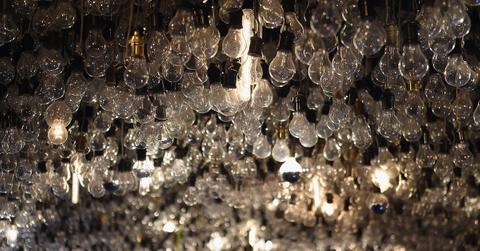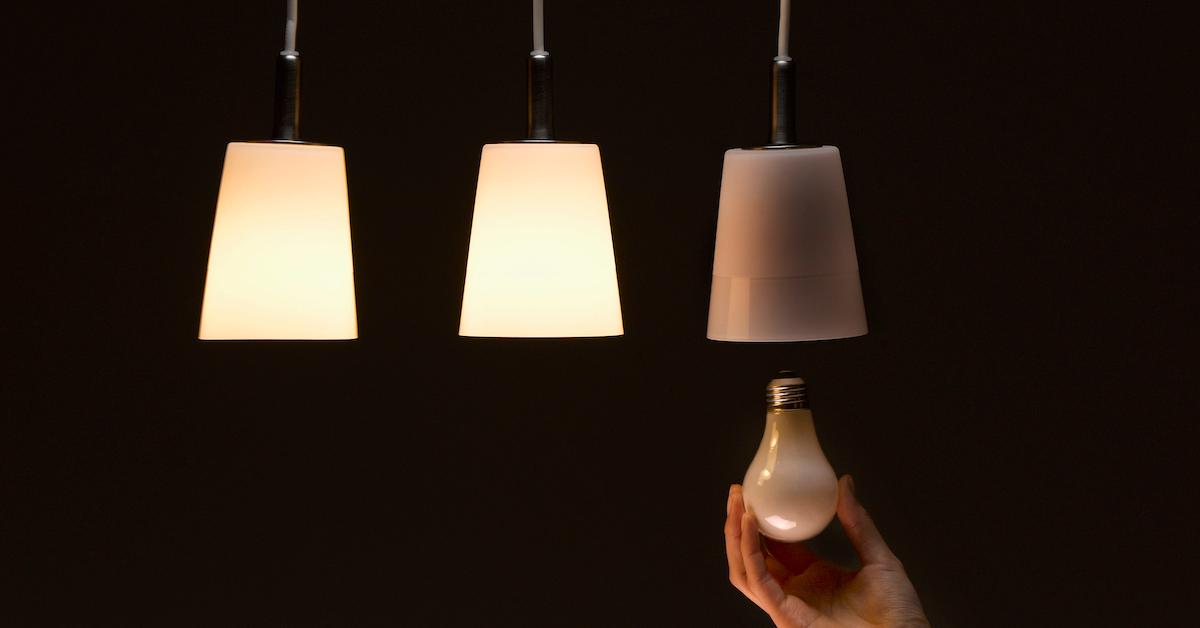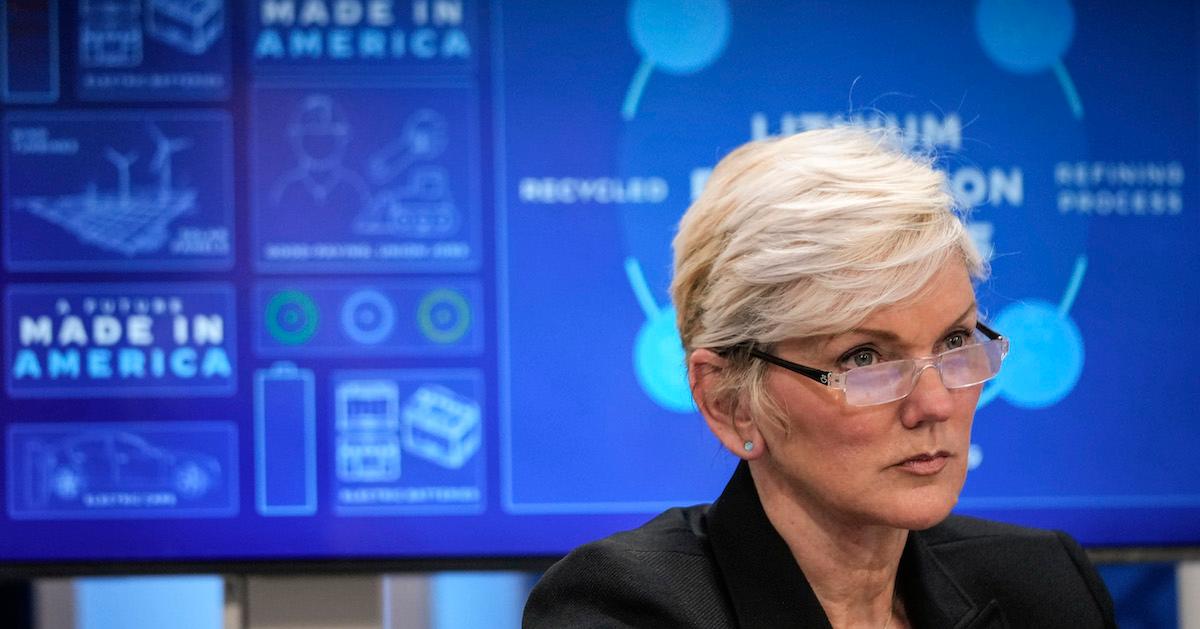RIP, Incandescents — U.S. Ban of Inefficient Light Bulbs Takes Effect
Updated Aug. 2 2023, 10:30 a.m. ET

With LED light bulbs far more affordable than ever, there’s really no reason to buy incandescent or otherwise inefficient light bulbs these days — and the U.S. government is finally doing something about it.
In April 2022, Biden’s Department of Energy announced a new law that would essentially ban incandescent light bulbs. And on Aug. 1, 2023, the ban went into effect.
The energy efficiency standards being set by this new rule were actually first proposed by the George W. Bush administration, later put into law by the Obama administration, and then rolled back by the Trump administration, as per Axios.
Keep reading for all the details on this ban.

The DOE's energy efficiency rules essentially ban incandescent light bulbs.
On April 26, 2022, the Department of Energy revealed two rules regarding light bulbs, both of which aim to conserve energy and reduce consumer energy bills, as part of the “100 energy efficiency actions” the Biden administration has promised to take in 2022.
The first rule institutes a revised definition for “general service lamps” (GSLs) to represent most light bulbs used residentially, including CFLs, LEDs, and OLEDs.
The second rule sets a new minimum standard for these GSLs, aka light bulbs: they must produce at least 45 lumens per watt. A lumen refers to how much light something emits, while lumens per watt essentially measures how energy efficient a light bulb is, as per Philips.
Incandescent bulbs typically produce just 15 lumens per watt, and halogen bulbs produce 25 lumens per watt, according to HomElectrical. Taking that into consideration, the DOE’s rule essentially puts an end to the sale of incandescent and halogen bulbs.
Meanwhile, compact fluorescent light bulbs (CFLs) produce around 60 lumens per watt, and LEDs about 72 lumens per watt. And as the DOE notes, LED light bulbs also last 25 to 50 times longer than incandescent bulbs, making them far more efficient.
“By raising energy efficiency standards for lightbulbs, we’re putting $3 billion back in the pockets of American consumers every year and substantially reducing domestic carbon emissions,” U.S. Secretary of Energy Jennifer M. Granholm said in a statement in April 2022. The department estimates that this new law will save consumers a total of about $3 billion on utility bills every year, as well as save 222 million metric tons over the next 30 years.
“The lighting industry is already embracing more energy efficient products, and this measure will accelerate progress to deliver the best products to American consumers and build a better and brighter future,” Granholm added.

Jennifer Granholm participates in a virtual meeting in the South Court Auditorium of the White House complex, Feb. 22, 2022.
When is the incandescent light bulb ban going into effect?
The new definition of GSLs went into effect in mid-2022, and manufacturers were promptly expected to completely phase out production of incandescent bulbs and otherwise inefficient bulbs that produce over 45 lumens per watt, as reported by CNN.
And as AP News reported in April 2022, the new standards were expected to fully take effect and be enforced starting in July 2023.
On Aug. 1, 2023, the law went into effect, as Forbes reported. Retailers are now forbidden from selling any light bulbs that emit less than 45 lumens per watt. Again, incandescent and halogen bulbs typically produce significantly less than 45 lumens per watt, meaning they are now essentially illegal to sell in the U.S.
That said, any incandescent or halogen bulbs already in use can remain in use — but once they burn out, owners will have to replace them with the more efficient bulbs on the market.
This article, originally published on April 27, 2022, has been updated to reflect the new law going into effect.